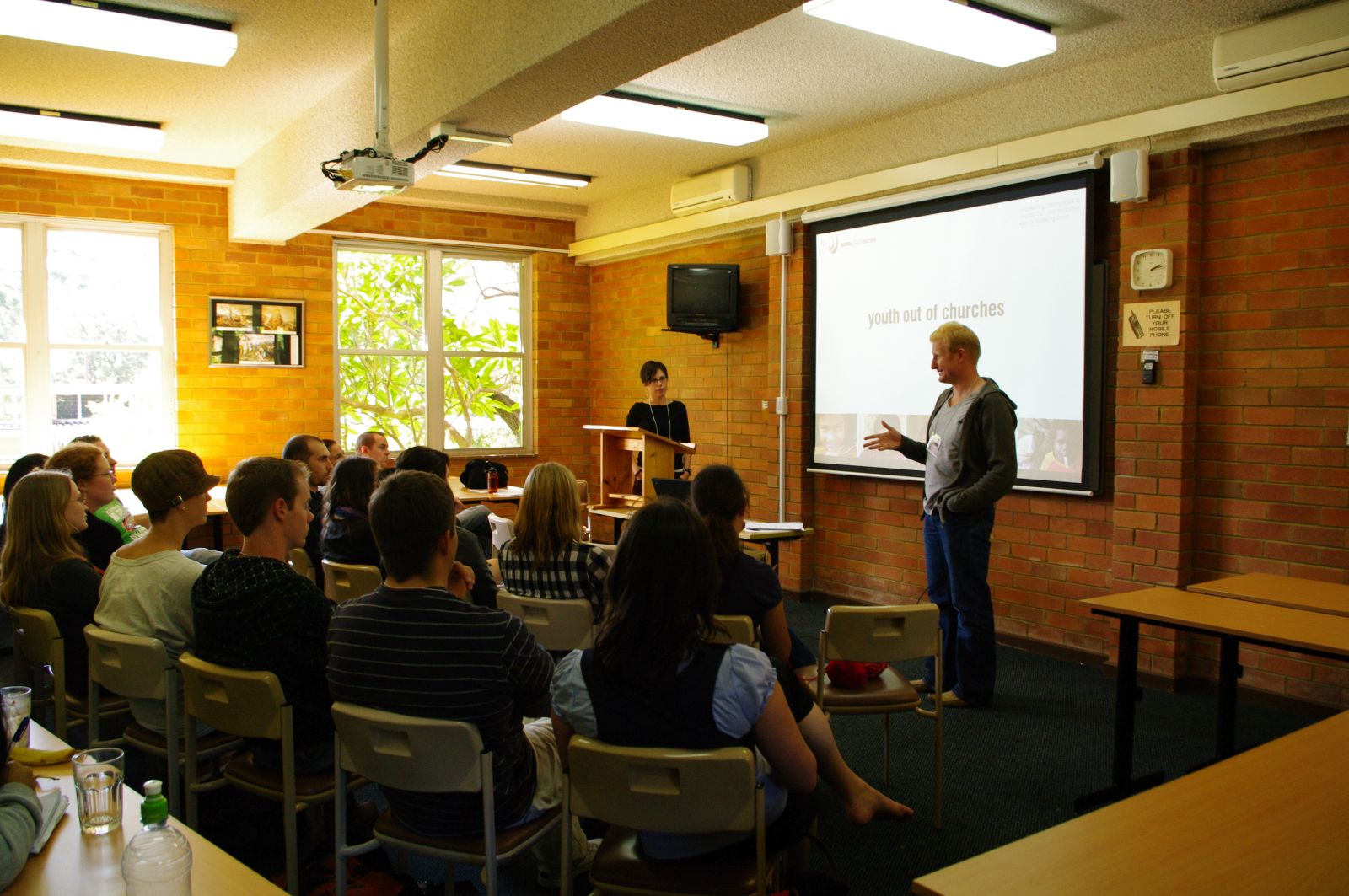In the church, like in a family, tensions, frustrations, and confusion can arise between people who care deeply for one another. And like any tension, frustration or confusion, left unattended and unresolved, these can cause significant damage.
In chatting with Senior Pastors, I have come across the following three recurring issues that seem to transcend personalities and ministry contexts.
1. Organisation
As a Youth Pastor I recall being challenged and rebuked by a Senior Pastor about how I managed my responsibilities - “Get a diary and use it” was his instruction. The context of his comment as I recall was my inability to remember when we had arranged to meet. He was understandably frustrated, but despite this he was able to impart to me the beginnings of a key learning for sustainable and effective youth ministry – that is, you won't remember everything that’s asked of you or that you commit to doing, so write it down in a place that means it will get the attention it deserves. Letting one’s “yes be yes,” I believe, is the biblical foundation for this.
2. Communication
The church wants to know that’s happening. Hey, they are the ones who, at least in a Baptist setting, voted for you to be appointed into your role, and it’s their tithes and offerings that pay your salary. They want to know what you’ve been up to, but more importantly they want to know what God’s been up to in the lives of the young people you are leading. Tell them stories and tell them often. What are you celebrating? Where is there need? How can they be involved? Perhaps this can happen in the form of a report (written or verbal) but perhaps you can give some visible demonstration of how the ministry is impacting the lives of young people.
3. Life of the Church
Remember Youth Ministry is a Ministry of the Church and not an independent organisation or activity. The vision and values of the Youth Ministry ought to be aligned with the overall Church vision and values. How you go about your role must must must interact with what’s happening in the life of the church. Remember we are The Body of Christ as we are called to rejoice with those who are rejoicing, and mourn with those who are mourning. Look for ways to involve young people in the activities of the Church and look for ways to involve the Church in the lives of young people. This might include exploring ways that people are serving on a ministry team that helps to build connections between people of different ages or inviting older women and men of faith to share their stories of God’s provision and faithfulness with the Youth Ministry.
No matter the context, there are ways to overcome tensions, frustrations and confusion in youth ministry – most of the time it just takes a little effort to consider alternative perspectives and needs, and to be thoughtful and proactive in our response.
Youth Ministry Programs at Morling that might interest you:
IMPACT - Kids or Youth Ministry Certificate
CERTIFICATE IN THEOLOGY - SRE Teacher Training



